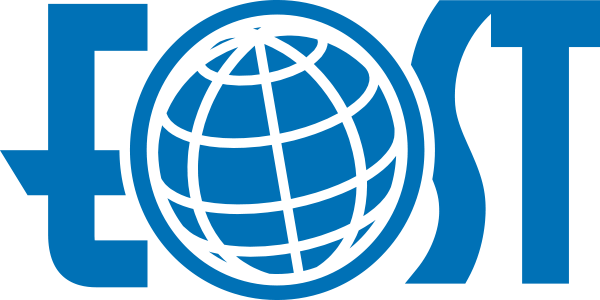Exploring Topics of your Choice - Semestre impair
Diplôme d'ingénieur de l'École et observatoire des sciences de la Terre (EOST)Parcours Diplôme d'ingénieur de l'EOST
Description
Semestre 1
Ce module vous propose d'explorer un sujet (au choix) afin de développer un avis éclairé sur ce sujet. Le déroulement du travail réalisé sera ponctué de moments d'échanges en petits groupes et donnera lieu à une présentation orale finale.
Compétences requises
Ce cours est exclusivement ouvert aux étudiants dont le niveau se situe entre B1 et C2. Les étudiants ayant un niveau inférieur ou supérieur seront désinscrits.Compétences visées
Les compétences évaluées dans le cadre de ce module sont les suivantes :
- présenter à l'oral les résultats d'une recherche documentée,
- interagir avec un public non averti.
L'évaluation conduira à l'attribution de niveaux tels que décrits dans le CECR (Cadre Européen Commun de Référence pour les langues) pour chacune des compétences.
Modalités d'organisation et de suivi
Présentiel
Syllabus
Présenter le résultat d'une recherche documentée à l'oral et répondre à des questions spontanées du public.Informations complémentaires
Savoir-faire et compétences mobilisées afin d'atteindre l'objectif / de réaliser la tâche finale:
- compréhension écrite et orale,
- élaboration d'une bibliographie,
- coopération,
- interaction orale.

